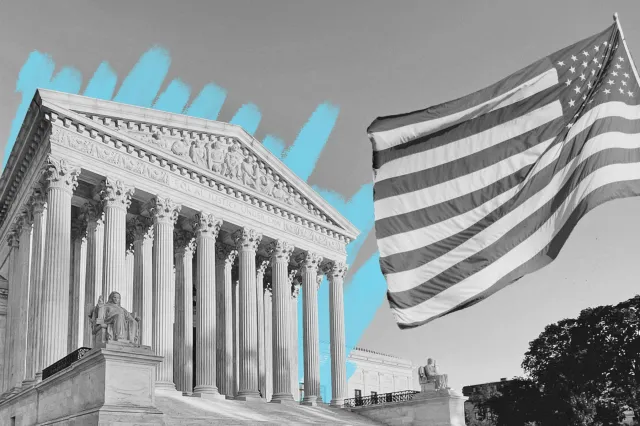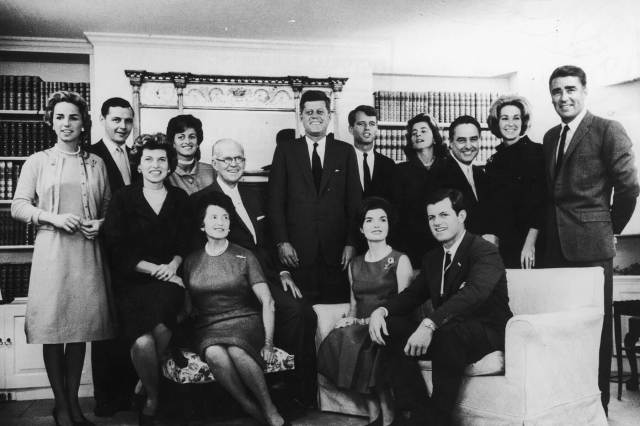The U.S. Supreme Court was established by the Judiciary Act of 1789, creating the third coequal branch of government and a high court to which all others are inferior. |
| |
| |
|
 |
|
| T he U.S. Supreme Court was established by the Judiciary Act of 1789, creating the third coequal branch of government and a high court to which all others are inferior. Notably missing from that federal statute: any stipulation that the highest court in the land should have nine justices. In fact, the bench has ranged from as few as five to as many as 10 justices over the last two and a half centuries. As you might expect, the process by which that number has changed hasn't exactly been apolitical. The Supreme Court had six justices when George Washington signed the act into law on September 24, 1789, and that was almost reduced to five in 1801 before being increased to seven in 1807 — two changes that were motivated by legislators hoping to either weaken or strengthen the President's power to appoint judges. |
|
|
| After that, SCOTUS was comprised of seven justices for three decades before being expanded in 1837, allowing President Andrew Jackson to add two more people to the bench. Its membership then increased by one during the Civil War to ensure that majority decisions would be written by justices who were pro-Union and anti-slavery, before being restored to the current number, nine, after Ulysses S. Grant was elected President in 1868. Court expansion has been a hot topic at several points since, most notably when Franklin D. Roosevelt tried and failed to expand the Supreme Court as part of the New Deal. |
|
 |  |
|
|
 |
|
| |
|
| Justices who have sat on the Supreme Court | | | 116 |
| | | Circuit courts in the United States | | | 13 |
| | | Circuit courts in the United States | | | 13 |
|
|
|
| Total chief justices of the United States | | | 17 |
| | | Supreme Court justices who have appeared on U.S. currency | | | 2 |
| | | Supreme Court justices who have appeared on U.S. currency | | | 2 |
|
|
|
 |
|
 | | Did you know? |
|
|
A U.S. President later served as chief justice of the United States. |
|
| Few politicians have had career trajectories like that of William Howard Taft, the 27th President of the United States — and quite possibly the most reluctant head of state in American history. After serving as solicitor general and a judge on the Sixth Circuit Court of Appeals, Taft was appointed civilian governor of the Philippines by William McKinley in 1901 and secretary of war by Teddy Roosevelt in 1904. Both of these were essentially distractions from his true ambition: becoming chief justice of the United States, a dream that was further deferred when his wife Nellie Taft and Roosevelt himself convinced Taft to accept the Republican nomination for President in 1908, and he won the presidency in a landslide. He placed a distant third in his three-way reelection race, which didn't seem to bother him too much, and he finally received his dream job when Warren G. Harding selected him to lead the Supreme Court in 1921. |
|


Lainnya dari

















0 comments:
Post a Comment